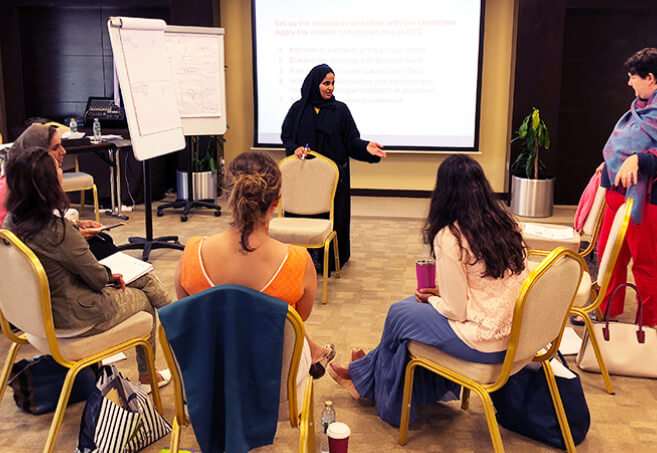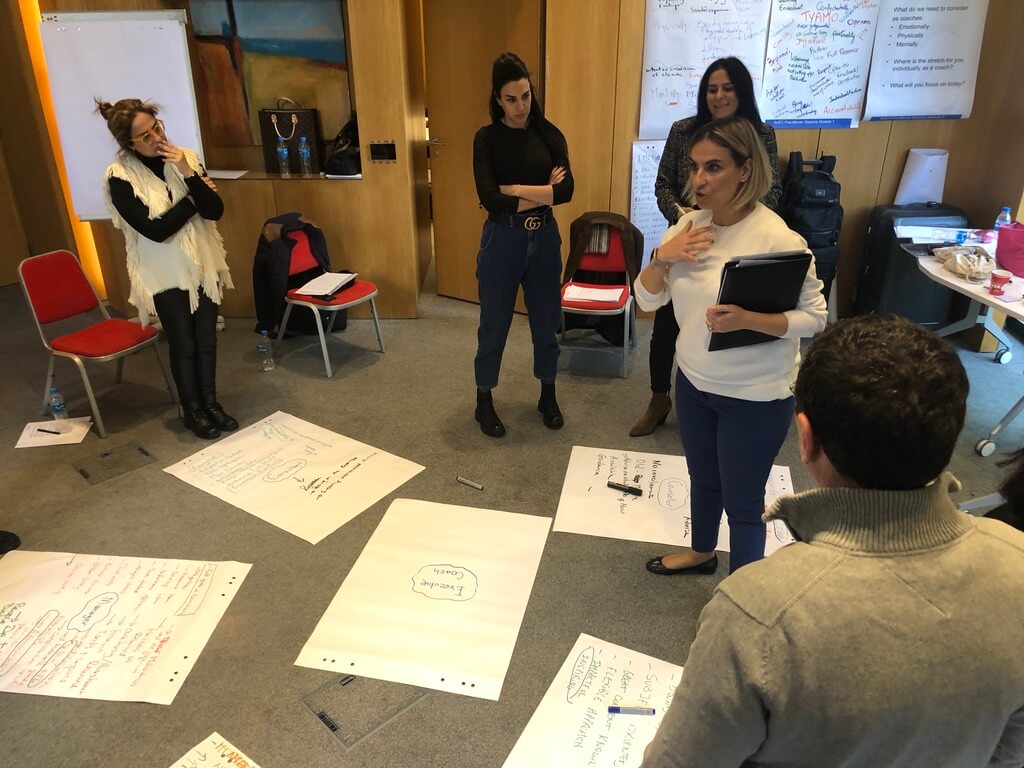In today’s world where work environments are more complex and connected than ever, the importance of trust and transparency cannot be overstated. This is where the expertise of an ICF certified executive becomes really helpful. These professionals play an influential role in crafting a transparent, trust-filled atmosphere in the workplace, primarily through team coaching initiatives.
The Basics of Team Coaching
First, let’s get a clear picture of what team coaching is. Team coaching is a potent method employed by ICF certified team coaching professionals to help members of a team assigned to a common goal improve their collective performance, communication skills, and relationships within the workspace.
This is not your regular management style with orders flying from the top to the bottom. It’s a change from the old way of doing things to a new way of working that is more open, trusting and collaborative. Here’s a peek into the highlights of team coaching:
- Improving Communication: Team coaching aids in building robust communication channels among team members, thereby helping to build trust. It emphasizes the importance of clear, open communication to prevent misunderstandings and promote harmony.
- Cultivating a Growth Mindset: When a team learns and grows together, they also develop mutual trust and respect. Coaching is instrumental in inculcating a collective growth mindset where everyone is open to learning and improving.
- Encouraging Openness: A crucial aspect of coaching is promoting an environment where everyone feels safe to express their thoughts and ideas. This vulnerability can lead to deeper trust and more transparent relationships.
- Conflict Resolution: Team coaching provides valuable tools and strategies to tackle conflicts constructively. This transparency in resolving conflicts boosts team morale and strengthens trust.
The CEO’s Influence in Fostering Trust and Transparency
In any organization, the CEO wields a considerable influence in shaping the culture of trust and transparency. Their behavior, their actions, they all set the tone for the entire team. Executive and CEO coaching can prove to be an invaluable asset in this regard. It can guide CEOs to cultivate leadership styles that encourage trust, promote transparency, and enhance overall team cohesion.
For instance, CEOs who follow an open-door policy give the message that team members are free to voice their opinions and concerns. This fosters transparency and an atmosphere of mutual respect. Similarly, when CEOs recognize and appreciate their team’s efforts publicly, it builds trust as employees feel valued for their hard work.
Coaching Techniques to Promote Trust and Transparency
The goal of team coaching is to increase communication and openness among team members. Activities that help team members learn from and depend on one another are included. Furthermore, transparency is improved via the use of feedback tools that encourage open and honest communication among team members.
The coaching strategy of active listening helps cultivate an atmosphere rich in consideration and sympathy. When we listen carefully, we pick up on more than just the words being spoken; we also understand the feelings and motivations of the speaker. This understanding is the bedrock of an open and reliable team culture.
Building Towards a Trust-Filled Transparent Future
Transparency and trustworthiness in the workplace are not simply expressions anymore. They are the backbone of a productive team and a happy workplace, which are essential to the organization’s success. Team coaching, with its emphasis on collective development, open communication, and conflict resolution, plays an important role in establishing such a standard.
Each member of the team plays a part in creating the environment where trust and openness thrive. We can create workplaces that are not just productive, but also meaningful, as we march together into an empowered future with the correct coaching approaches, a development mentality, and a dedication to open communication.







